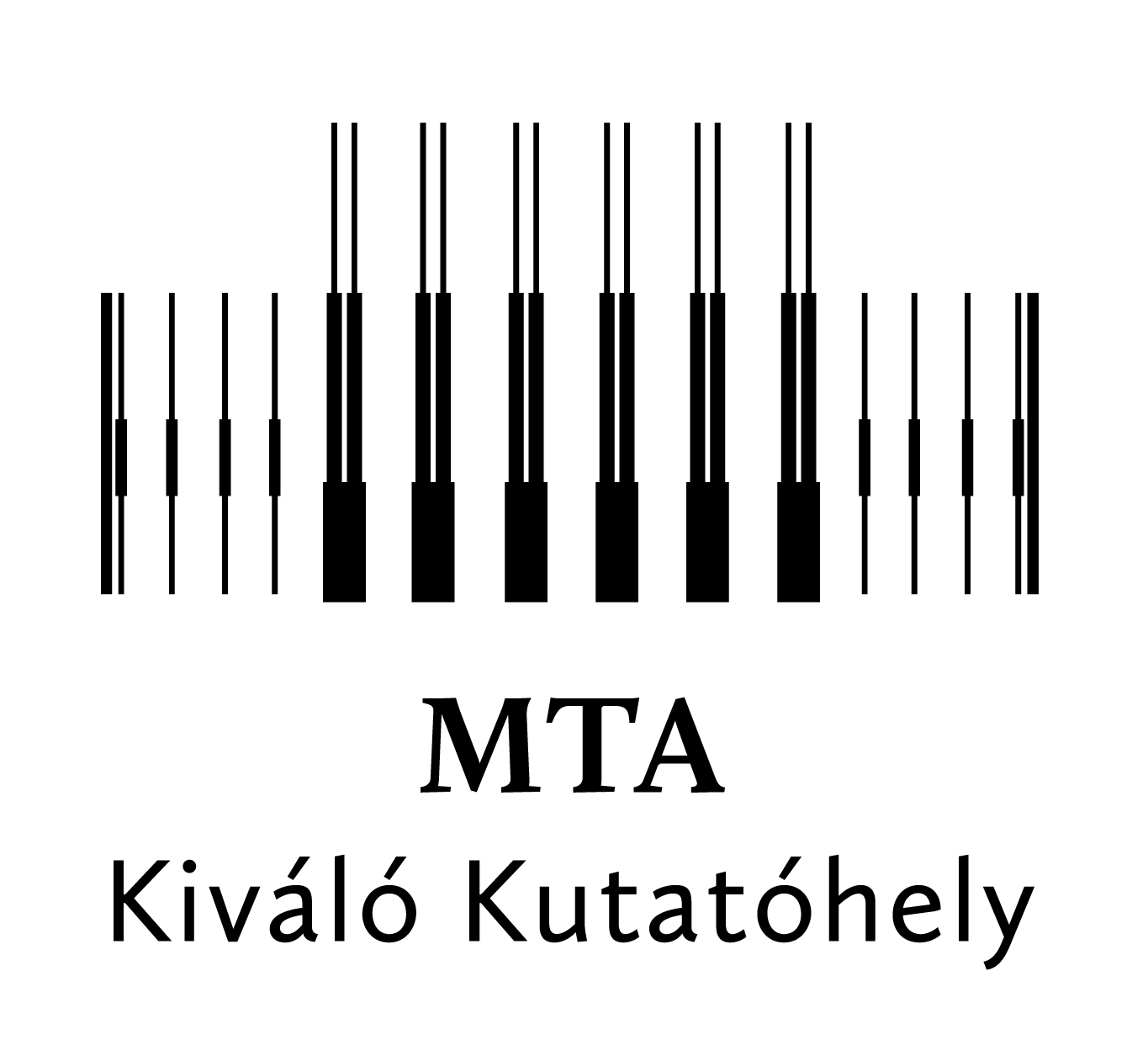About | Copyright © 2026 Budapest University of Technology and EconomicsBME
Research - VIK
Focal points and main thrusts
The Faculty of Electrical Engineering and Informatics has been committed in performing high quality and internationally recognized research activities in the fields of theoretical and applied engineering electromagnetics, electron devices, electronic technologies, power engineering, theoretical and applied computer science, information theory, automation and applied informatics, measurement and information systems, control theory and engineering, communication theory, telecommunications and media informatics, networked systems and services.
The Faculty hosts two doctoral schools, the Doctoral School of Electrical Engineering and the Doctoral School of Informatics which provide the basis for our PhD research programmes.The Doctoral School of Electrical Engineering was established in 1994 to pursue research and development in the field of Electrical Engineering. The school integrates the research activities of ten departments in the Faculty of Electrical Engineering and Informatics. The main directions of the scientific activities in the school include embedded systems, electronics, electronic technology and devices, measurement, identification and control, infocommunication systems, electrical machines and drives, power engineering. Since 1994 more than 150 applicants have successfully defended their PhD theses and have been awarded with the degree. The school requires from applicants and supervisors proper scientific research with publications in peer reviewed journals and other professional forums.
The Doctoral School of Informatics was established in 1994 to spearhead research and development in the field of the theoretical and practical aspects of computer science, information technologies and software engineering. Its focus includes research in discrete mathematics, algorithms, optimization of communication and computer networks, as well as software technologies, cryptography, embedded systems, and model driven approaches. The school integrates the research activities pursued in 10 different departments in the Faculty of Electrical Engineering and Informatics. The scientific activities in the school are conducted in two main groups: (i) communication systems; and (ii) intelligent systems. Since 1994 more than 100 students have successfully defended their PhD theses and have been awarded with the degree. As far as the scientific outcome is concerned, the members, supervisors and students of the school have published several hundreds of high ranking journal papers and the cumulative impact factor goes beyond 2000.
Sample publications
The performance of the faculty is measured by the cumulated impact factors of its publications and by the number of EU and other internationally sponsored projects and its industrial partnerships. There are numerous publications in Nature, IEEE Transactions and Elsevier Journals.
Selected recent outstanding publications:
L, Gyöngyösi ; S, Imre ; H. V., Nguyen, A Survey on Quantum Channel Capacities, IEEE COMMUNICATIONS SURVEYS AND TUTORIALS 20 : 2 pp. 1149-1205. , 57 p. (2018), DOI WoS Scopus
Fabio M Spiga, Attila Bonyár, Balázs Ring, Manuele Onofri, Alessandra Vinelli, Hunor Sántha, Carlotta Guiducci, Giampaolo Zuccheri: Hybridization chain reaction performed on a metal surface as a means of signal amplification in SPR and electrochemical biosensors, BIOSENSORS and BIOELECTRONICS, Vol. 54, Pp. 102-108, 15 April 2014https://doi.org/10.1016/j.bios.2013.10.036
A. Gulyás et al., Navigable Networks as Nash Equilibria of Navigation Games, NATURE COMMUNICATIONS, v.6, p.7651, 2015 (DOI, arXiv), Press: PhysOrg, NU, NU2, U.S. News & World Report, International Business Times, R&D Magazine, redOrbit, Scicasts, BPoD, index, Tendencias21, Espectador, …
One-sentence abstract: Nash equilibrium networks that have the smallest possible number of links required to maintain 100% navigability, form skeletons of real networks and share with them their basic structural properties.
Juhasz, G ; Hullam, G ; Eszlari, N ; Gonda, X ; Antal, P ; Anderson, IM ; Hokfelt, TG ; Deakin, JF ; Bagdy, G, Brain galanin system genes interact with life stresses in depression-related phenotypes, PROCEEDINGS OF THE NATIONAL ACADEMY OF SCIENCES OF THE UNITED STATES OF AMERICA 111 : 16 pp. E1666-1673. (2014), DOI PubMed
Awards and achievements
Levente Buttyán is the 1484th scientist in Guide2Research World Ranking
Dániel Varró is the 2104th scientist in Guide2Research World Ranking
IEEE Computer Society Computer Pioneer Award to Prof. László Kozma
Research Projects
In the Faculty a great number of EU projects has been won and carried out successfully.
Major EU founded ongoing research consortia are
Advance, Arrowhead, CA15127-RECODIS, 5GSmart, GE-LED2, NANOTHERM
More detailed list of past and present projects can be found in the VIK Brochure.
Knowledge and technology transfer
The Faculty counts many multinational companies (e.g. Ericsson, Nokia, Morgan Stanley) among its research partners and many of them have established development laboratories in the campus running industrial development projects together with the faculty staff members and students. Our Technology Transfer Office helps to streamline innovation into products and industrial activities.
A curious example of our knowledge and technology transfer is MASAT-1.
Further examples can be found in the following document.
Distinguished Guest Professors
Andrea Bondavalli, University of Florence
Lajos Hanzó, University of Southampton
Michael Peter Kennedy, University College Dublin
Harry Perros, NC State University
Imrich Chlamtach, EAI
International research cooperations
The Faculty is well embedded in the international network of research. We have established several research activities with European and overseas universities, companies and research institutions. Our professors and researchers have been regularly working together people from highly prestigious institutes like Karlsruhe Institute of Technology, Royal Institute of Technology (KTH), University College London, Fraunhofer Institutes, EPFL Lausanne, ETH Zurich, Cambridge University, Oxford University, MIT, Stanford University, Northeastern University.
More information on research cooperations can be found on department research pages.
How to find more research details of VIK and to access BME’s expertise for achieving your own R&D objectives
Research pages of the departments:
Department of Automation and Applied Informatics
Department of Electronics Technology
Department of Electron Devices
Department of Networked Systems and Services
Department of Control Engineering and Information Technology
Department of Artificial Intelligence and Systems Engineering
Department of Computer Science and Information Theory
Department of Broadband Infocommunications and Electromagnetic Theory
Department of Telecommunications and Artificial Intelligence
Department of Electric Power Engineering
Annual Research Report on Electrical Engineering and Computer Science 2015




